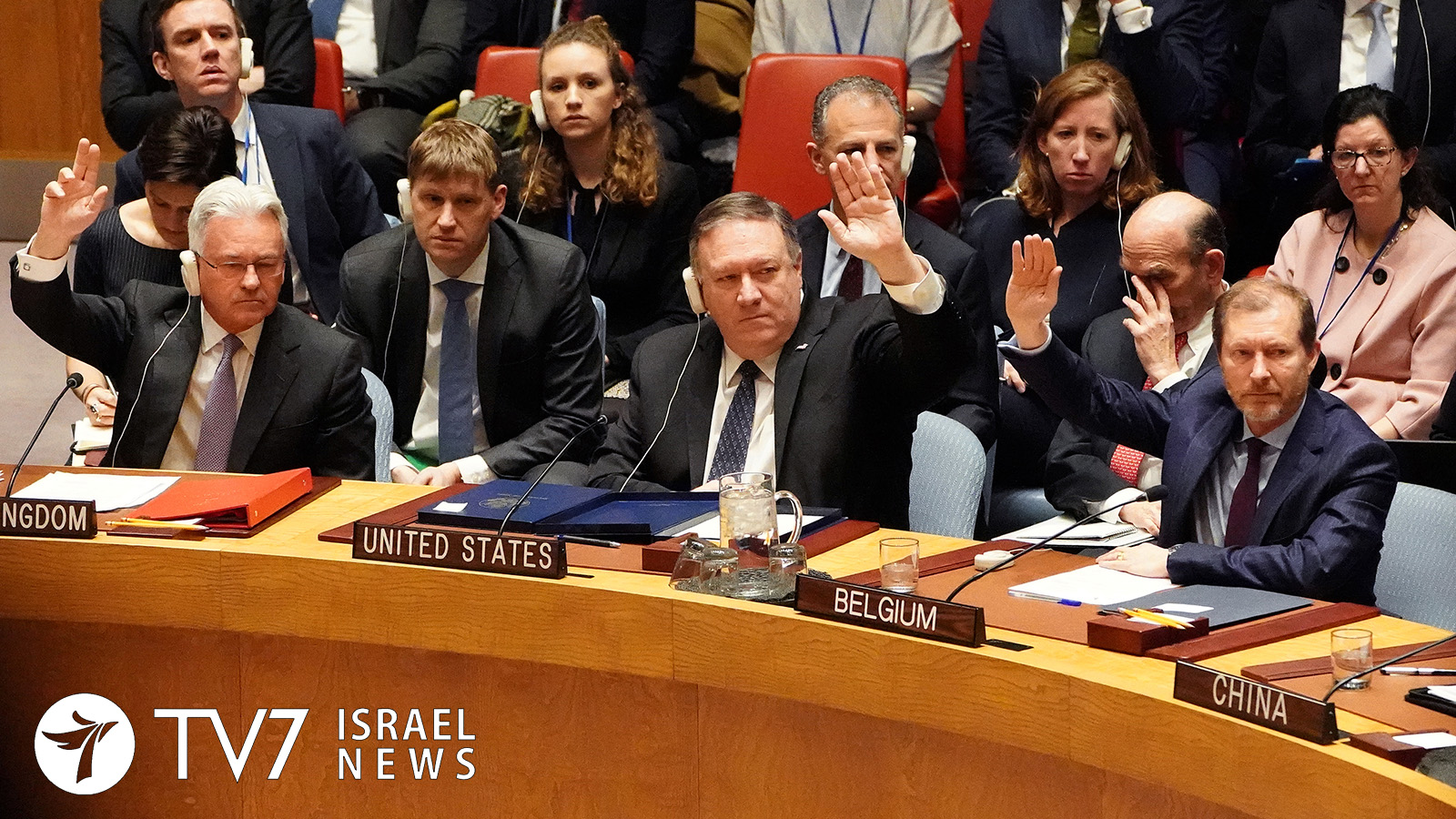Now to the United Nations headquarters in New York, where the United States has once again employed its veto-power to block a U.N. Security Council statement against Israel, in which the members of the council attempted to condemn the Israeli decision to end the mandate of an international observer force that operated to-date in the West Bank city of Hebron. The organization in question, TIPH – which is short for the Temporary International Presence in Hebron – was established in 1994 with an Israeli mandate to monitor the situation in the city.
The decision was made to appease the international community after a Jewish settler opened fire in a Hebron Mosque on the 25th of February 1994, killing 29 Muslim worshippers and injuring another 125. While an international agreement on TIPH outlined the tasks and mandate of the mission, an increase of complaints by Israeli residents of Hebron and IDF forces has prompted an Israeli investigation into the organization’s conduct. After the findings of the investigation revealed reoccurring breaches of the organization’s mandate, with several incidents in which TIPH observers were captured deliberately disturbing Israeli soldiers from their ongoing operational activities, Prime Minister Benjamin Netanyahu announced in a statement that he will not allow an international force to act against (Israel)” and that he will not renew the organization’s mandate, which officially ended on the 31st of January.
The Prime Minister’s decision terminates TIPH’s mandate, however, infuriated many countries around the world, including the organization’s mandated backers: Norway, Sweden, Italy, Switzerland and Turkey – all of whom immediately condemned the Israeli move. Immediately after the decision, Indonesia and Kuwait at the request of the Palestinians called for last night’s U.N. Security Council meeting to unanimously object to the Israeli decision as a measure that increases tension in the antient biblical town, where both Palestinians and Jews reside in close proximity.
Riyad Mansour, the Palestinian Ambassador to the U.N., argued that “It is the duty of the Security Council to act, it is the duty of the Security Council – on the basis of Israel’s illusions- to make sure that the safety and protection of the civilian population in the occupied territories including East Jerusalem to be ensured. And in fact, in the report of the Secretary General himself on the issue of protection, he gave serval option including issues related to a larger role to the United Nations to play to ensure the protection of the civilian population.” During the council meeting, which was held behind closed doors, the United States representative insisted that Israel had a right not to renew the temporary mission. After the meeting, the German Ambassador to the U.N. voiced hope that the termination of TIPH’s mandate would not lead to an escalation, and that alternatives would be found to assure the protection of the civilian community of Hebron. “So, we hope that the termination of this mechanism now, as Israel has decided upon, will not lead to an escalation but that there will be in the future mechanisms found so that the population there get along with each other,” said Christoph Heusgen, the German Ambassador to the U.N.
